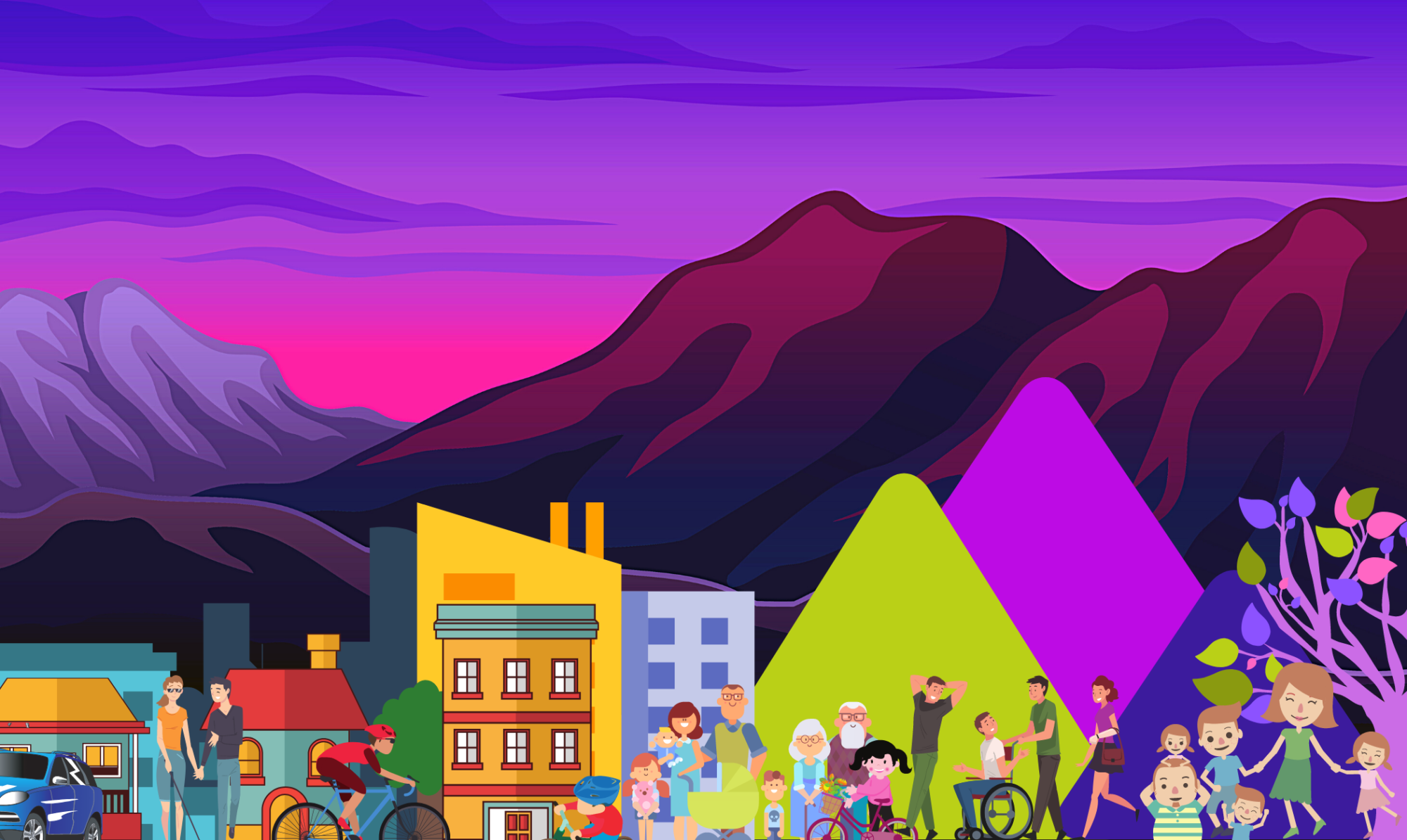Cidinha Sequeira talks about her political commitment to accessibility >> VIDEO
In the video, in the course of her conversation we will see images in her political role, sitting in her wheelchair and speaking with a microphone; the photo of an accessible bus and a classroom where, in the foreground, there is a pupil, sitting in his wheelchair, who has an accessible school desk. In another image we see Cidinha in the midst of a group of blindfolded children, and finally whole she gives a trophy to athletes in wheelchairs.
My name is Cidinha Siqueira, I live in Brazil, in the city of Goiânia, in the state of Goiás. I’m white-skinned, I have green eyes, I wear glasses, I use a wheelchair and today I wear a flower-print blouse. I had polio when I was 9 months old, and I have not been able to walk since then.
I am a pedagogist, a psychologist, and I have several specializations in the field of psychology. I was a Councilor for two terms in the city of Goiânia, serving also as superintendent of the Secretariat of Human Rights and also of the Secretariat for Reduced Mobility and Accessibility.
I wish to offer some reflections about the inclusion of people with disabilities. A persons with severe disabilities is often excluded from social life; this exclusion generates a lot of problems so that the person ends up feeling inferior; thus I understood there was a need for a legislation ensuring rights. And then I started to fight for that to happen.
When I joined the Council, we created a accessibility seal to try to make the importance of accessibility understood in all public places. A fleet of buses too, 100% accessible, also menus in Braille for the visually impaired, accessible school desks for people with disabilities, and this was part of my first law, because I had to do all my teaching, in all schools, writing on a folder resting on my legs because there was no desk suitable for my condition.
And then I saw how much we needed to ensure a decent access for people with disabilities.
It was not easy. In Goiânia, when I started (it was in the 90s), there was no lowered curb, no tactile floor. I actively participated in several meetings elaborating on the Declaration of Human Rights and also on the Convention on the Right of Persons with Disabilities, so that the Convention could become a national law in Brazil. This was a milestone in the history of persons with disabilities.
However, we need to enforce these laws. We know that Brazil has an immense legislation, which however is not being fulfilled in reality. It’s a slow process, because we must deal with prejudices, we must deal with various forms of architectural or attitudinal barriers.
However, we must realize that each of us holds a responsibility for making this world better. Because if everyone does their part, for sure, everything will improve in life, Not only for people with disabilities, but the elderly, the mothers with the baby carriage, will be able to use this accessibility.
The disability is not inside us, inside the person. Disability lies in the way society organizes itself. I ask you: I use a wheelchair, would I be able to come to your home, and use your bathroom? Most bathroom doors are often 60cm wide and a wheelchair does not go through.
So, we must bear in mind that an accessible space is a constitutional right. It is a right that the person exercises, your right to come and go. We need to build this world in a manner that is suitable to everyone.
I would like to leave a thought of mine that says: “The size of democracy and citizenship is proportional to the size of a city’s accessibility”.
An affectionate kiss to everyone.
